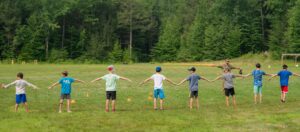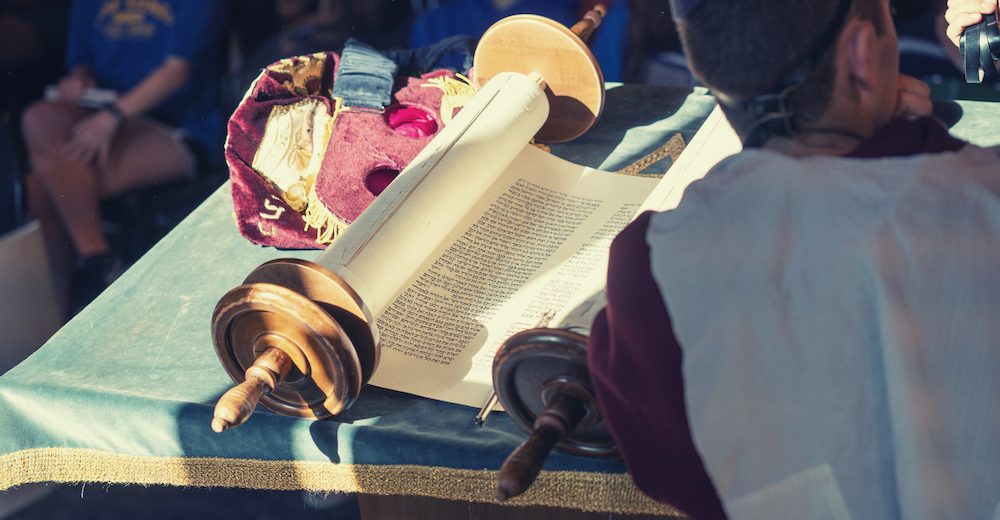Behar-Bechukotai – For Every Action there is an Equal and Opposite Reaction
(‘אִם־בְּחֻקֹּתַ֖י תֵּלֵ֑כוּ וְאֶת־מִצְוֹתַ֣י תִּשְׁמְר֔וּ וַֽעֲשִׂיתֶ֖ם אֹתָֽם…: (כ”ו, ג
“If you follow My statutes and observe My commandments and perform them…” (26: 3)
In Parshat Bechukotai, the second half of this weeks’ double parsha, we see God give B’nei Yisrael a series of mitzvot with corresponding rewards. The parsha also lays out a series of curses, negative consequences if the people do not fulfill the mitzvot. If B’nei Yisrael keep the mitzvot they will have rain and peace and prosperity. If they turn against God then things will be much more difficult for them.
In 1686 the physicist Sir Isaac Newton introduced to the world the law of motion that for every action, there is an equal and opposite reaction. Newton had discovered the physical world’s version of the spiritual law that God is teaching us in our parsha — that everything we put out into the world has an impact on those around us, and also on ourselves.
The parsha breaks this down in terms of mitzvot and aveirot, but this is equally true for things that aren’t as black and white. Every choice we make plays a role in forming who we are and how we touch everyone and everything we come into contact with. We can choose to bring positivity into the world in how we treat one another, with things as simple as a smile or a hug for a friend. That brightens that friend’s day, and she in turn may help someone else feel good. But say someone smiles at you and you don’t smile back, or you ignore them; that may make that person feel bad, and that bad feeling will impact their next encounter with someone. And for your part, maybe you didn’t smile at them because you were sad about how someone had treated you earlier that day.
What we bring into the world, for good or bad, is an endless chain of impact that winds up shaping who we are. So the next time you go to speak or act or make a decision, think about what the impact of that action or choice may be on yourself and on others, and if ultimately that’s what you want to be bringing into the world. All of us are made up of the choices we have made to get us to this present moment, so the world we live in reflects that. As the famous saying goes, if we want to improve the world, “be the change you want to see in the world.” All of us can make the choice to bring more or less goodness into the world at any time. What choices will you make today?
Questions for the שבת table:
- Can you think of a time in your life where you could see how one מצווה you performed or positive choice you made led to other מצוות or positive choices? Why do you think that happened?
- Keeping in mind the teachings of Parshat Bechukotai, what is something you might think about doing differently in the coming week, to make sure you’re helping to shape the world into a better place?




